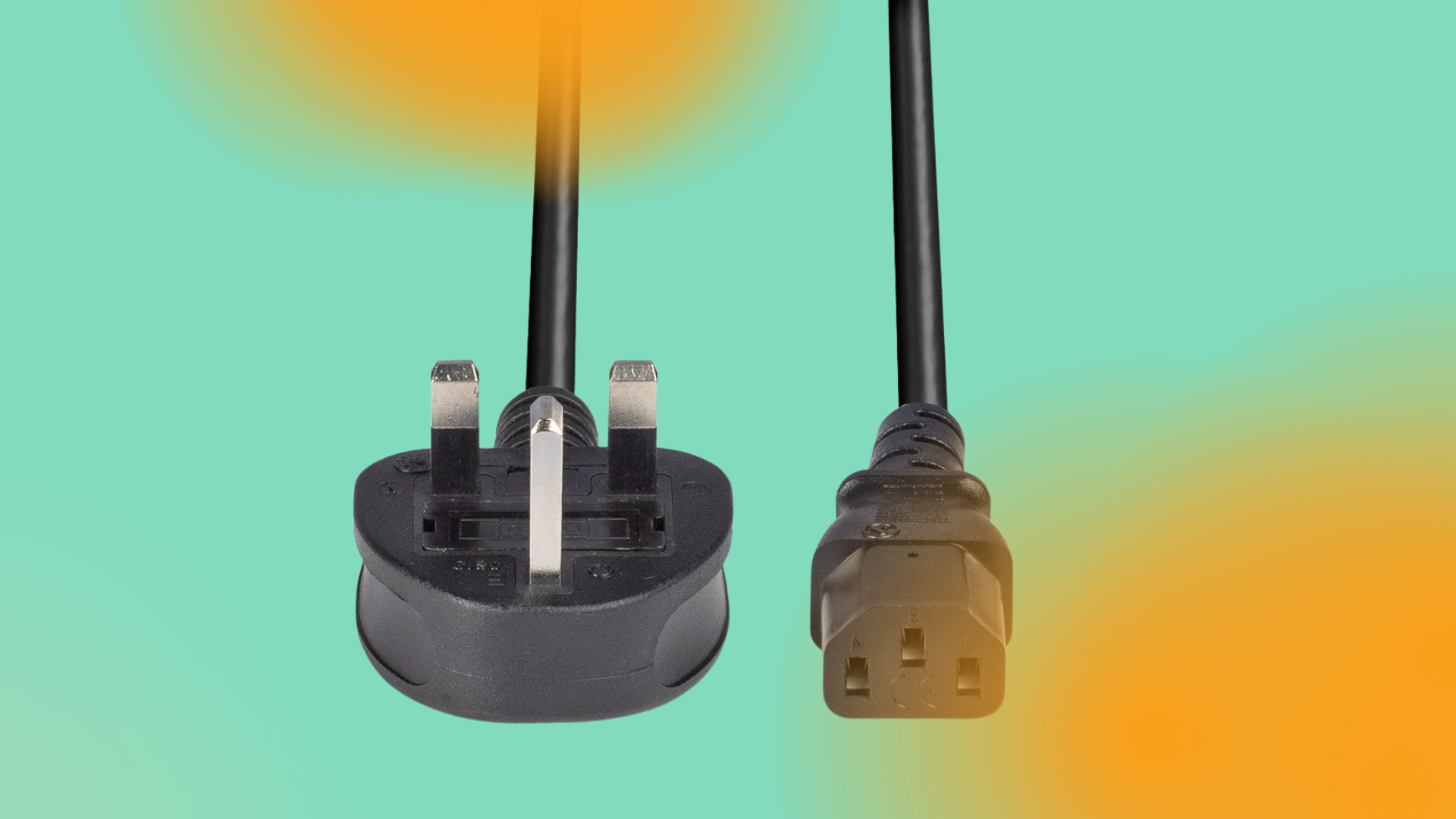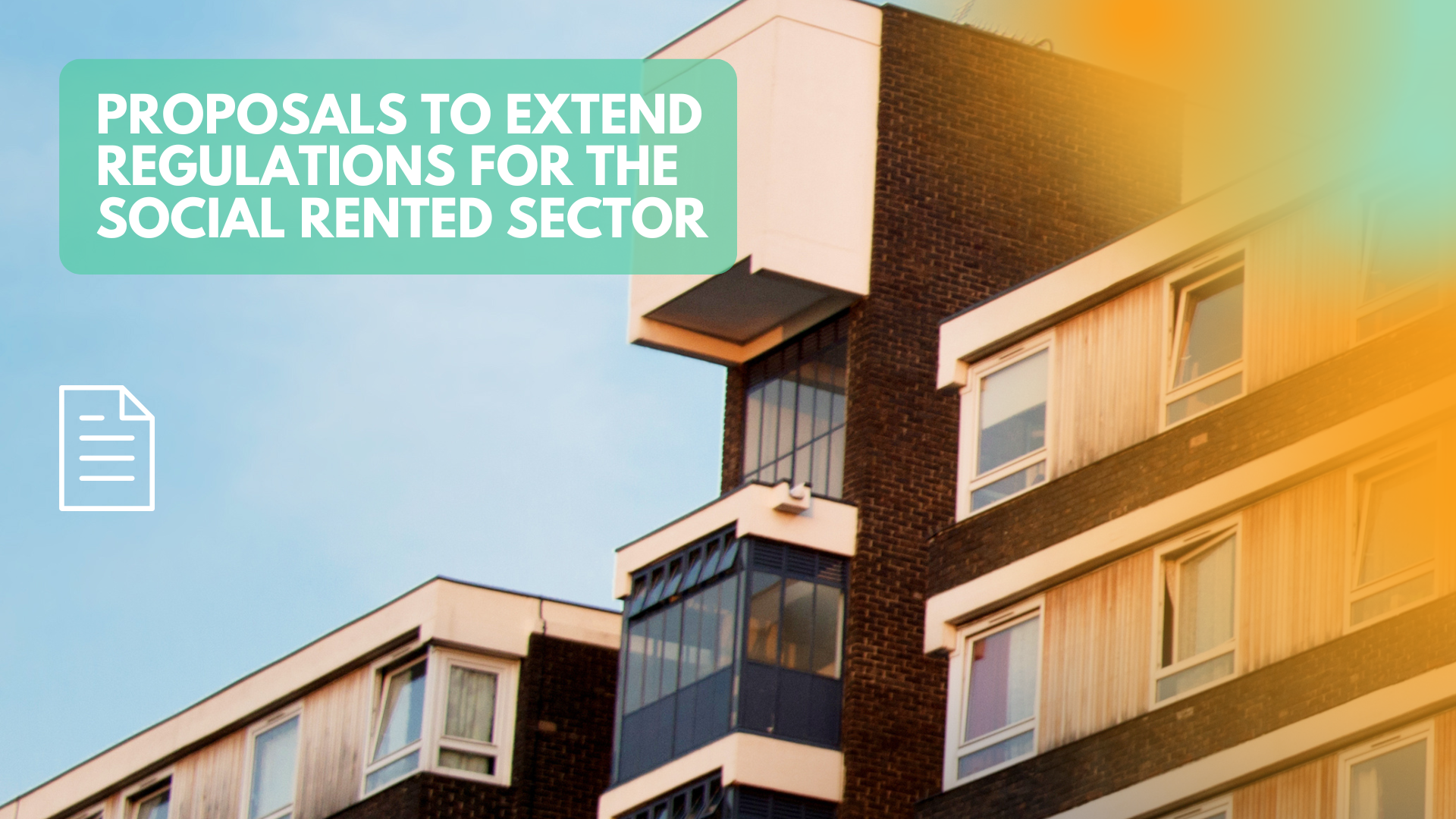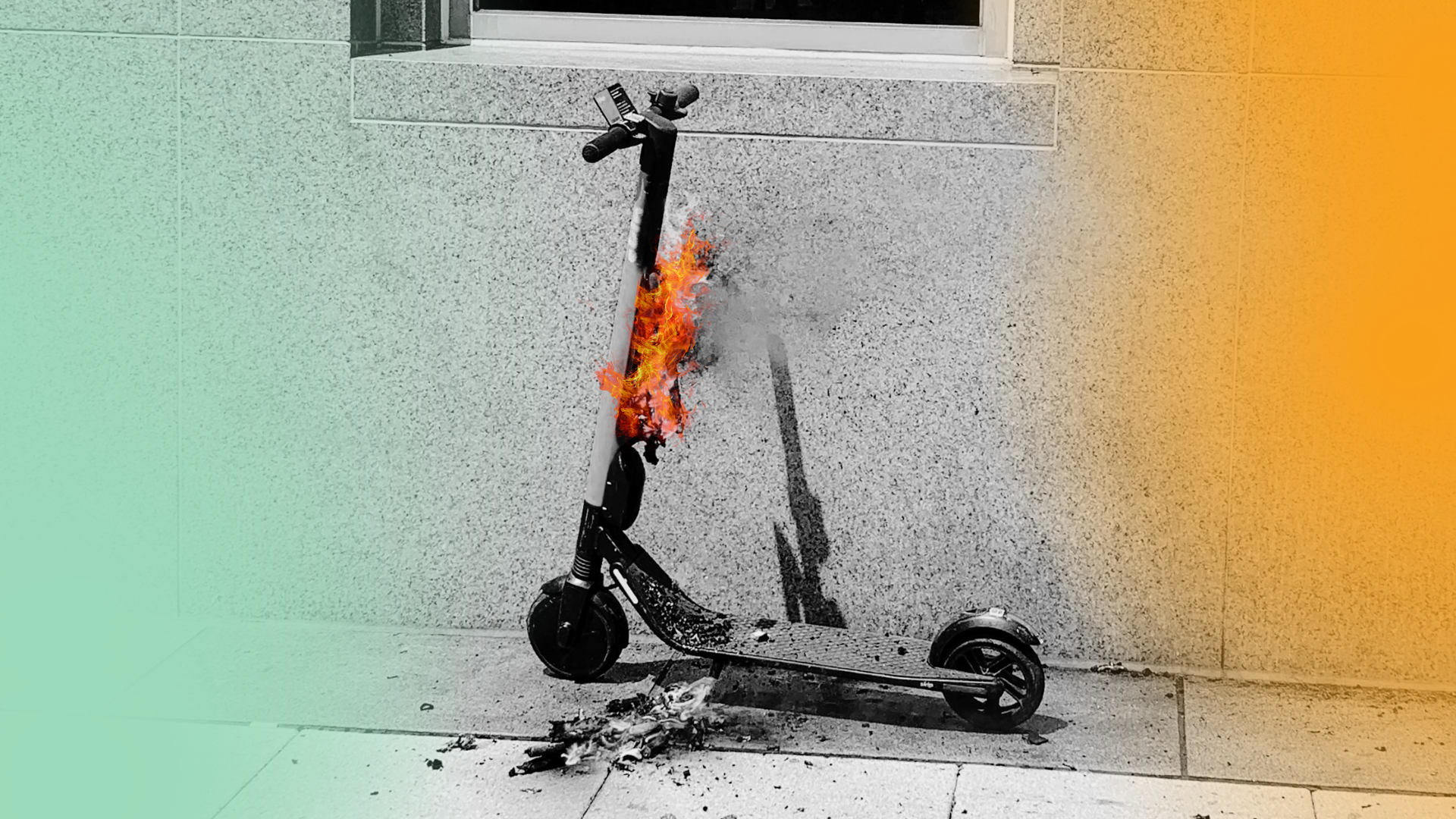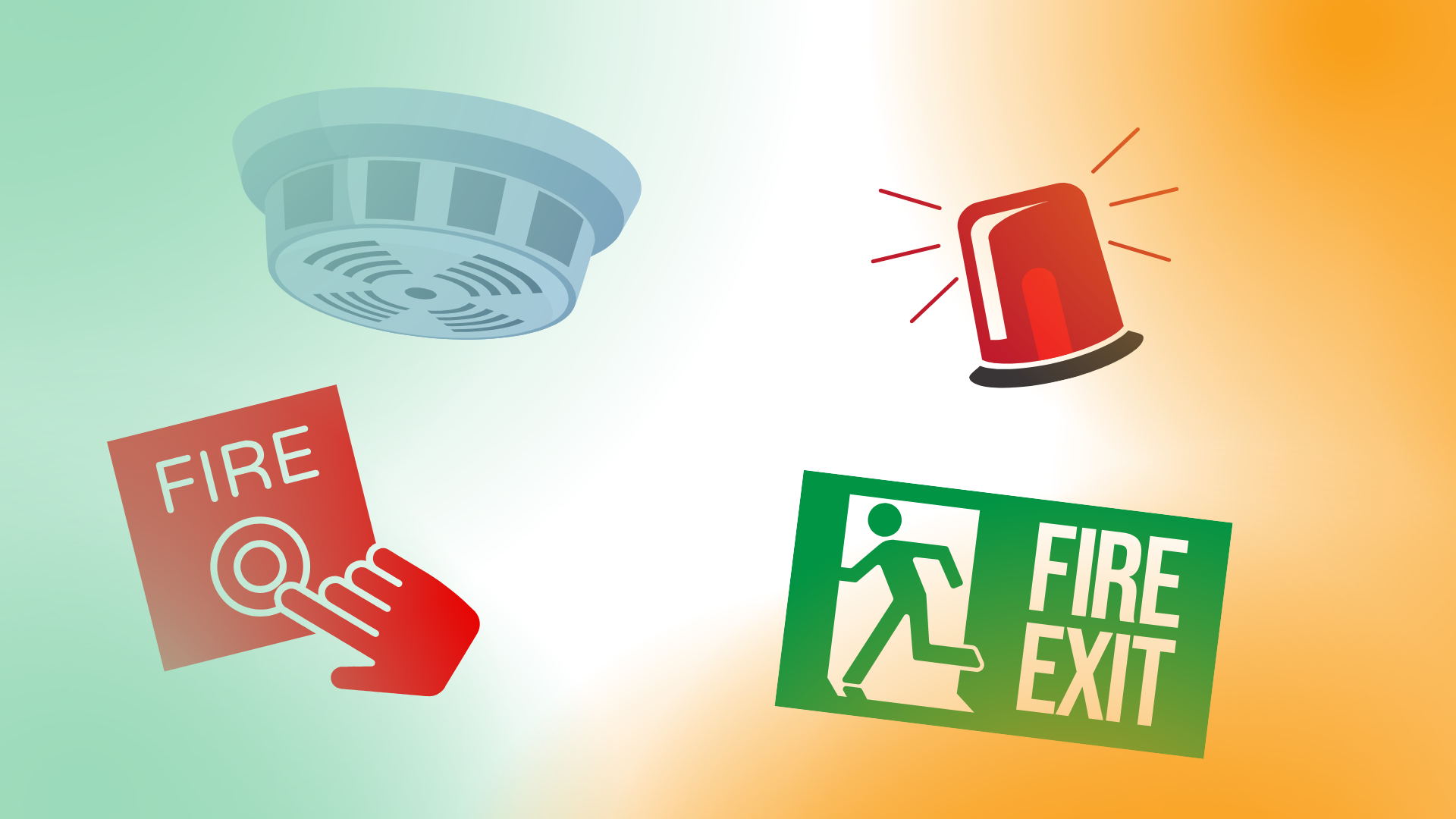Recycling and Disposing of Electrical Products in the UK
Understanding responsible disposal and recycling for electrical items
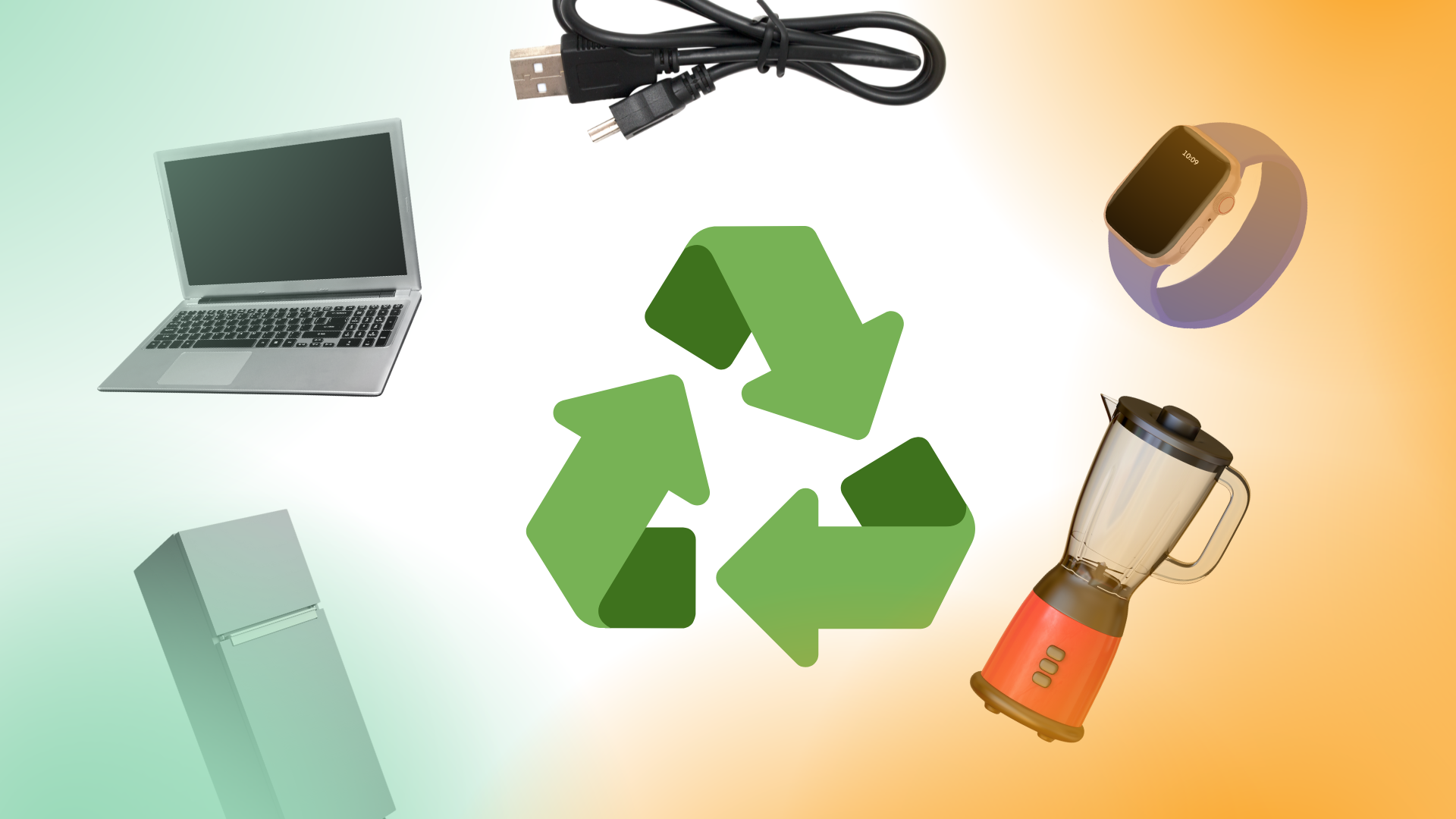
Proper disposal of electronic devices is crucial to protect the environment and comply with UK regulations. Here's an updated guide incorporating insights from Which? on how to safely dispose of your electronics:
1. Understanding WEEE Regulations
In the UK, electronic waste is governed by the Waste Electrical and Electronic Equipment (WEEE) Regulations. These regulations mandate that electronic items should not be disposed of with general household waste due to the hazardous materials they may contain. Instead, they should be recycled appropriately to prevent environmental contamination.
2. Steps to Safely Dispose of Electronics
a. Assess the Condition of the Device
- Working Devices: Consider donating or selling functional electronics. Many charity shops accept electrical items, and platforms like CeX and Music Magpie refurbish and resell used electronics.
- Non-Working Devices: These should be recycled through appropriate channels.
b. Remove Personal Data
- Before parting with devices like computers, smartphones, or tablets, ensure all personal data is erased. Perform a factory reset and remove any SIM or memory cards.
c. Utilize Retailer Take-Back Schemes
- Many retailers in the UK offer take-back services for old electronics. For instance, shops selling more than 32 kilograms of batteries annually are required to provide battery recycling facilities.
d. Use Local Recycling Centres
- Local council recycling centres accept a wide range of electronic waste, including small appliances, batteries, and cables. Items collected are processed to extract valuable materials and safely dispose of hazardous components.
e. Dispose of Batteries Separately
- Batteries contain hazardous chemicals and should not be thrown in general waste. Recycle them at designated collection points found in supermarkets, electronic retailers, or council recycling centres.
3. What NOT to Do
- Do Not Bin Electronics: Discarding electronics in general waste can lead to environmental pollution due to hazardous substances.
- Avoid Illegal Dumping: Improper disposal can result in legal penalties and environmental harm.
- Do Not Burn Electronics: Burning releases toxic fumes harmful to health and the environment.
4. Benefits of Responsible Disposal
- Environmental Protection: Proper recycling reduces pollution and conserves natural resources.
- Resource Recovery: Recycling allows valuable materials like metals and plastics to be reclaimed and reused.
- Legal Compliance: Adhering to WEEE regulations ensures compliance with UK laws regarding electronic waste.
By following these guidelines, you contribute to a sustainable environment and ensure compliance with UK regulations on electronic waste disposal.



